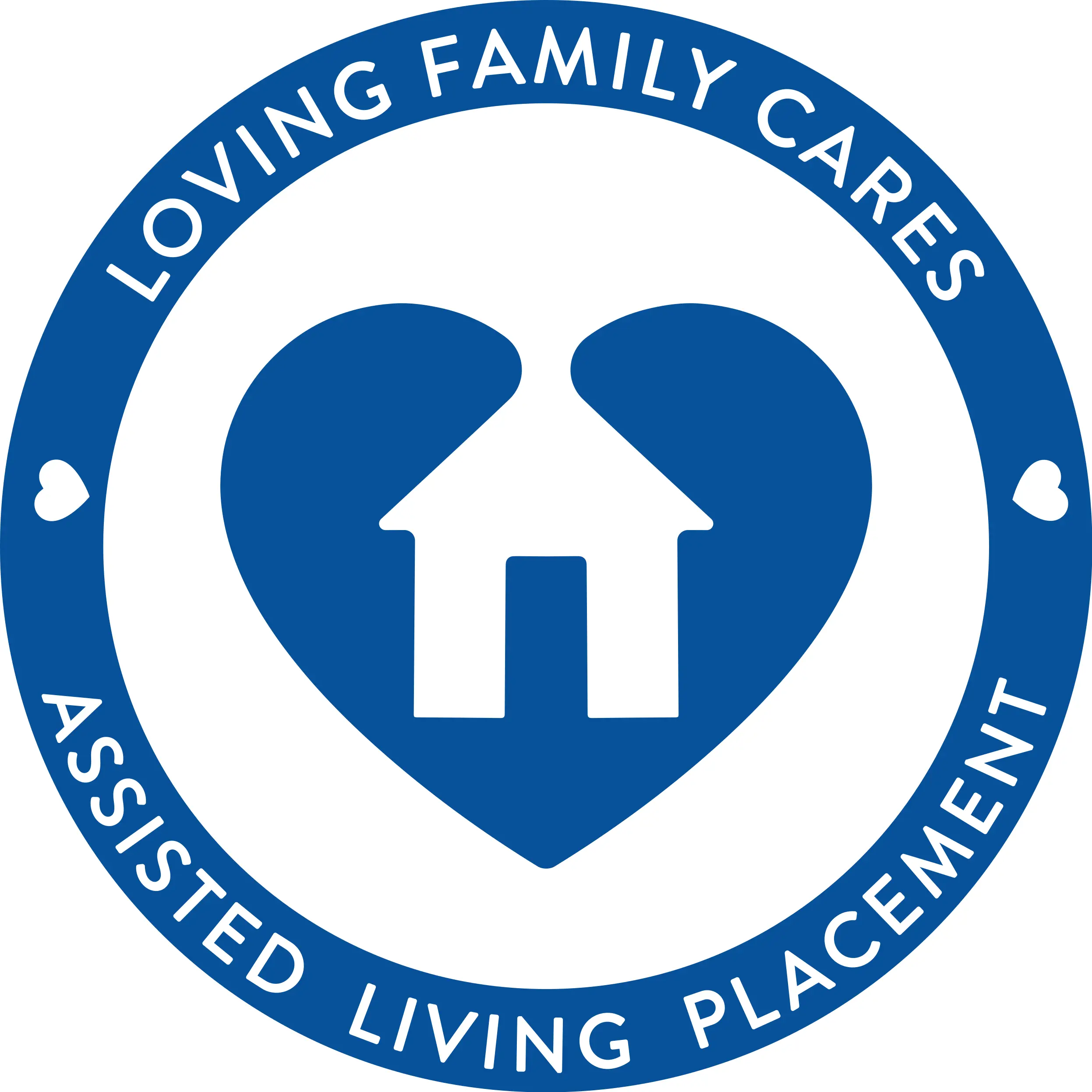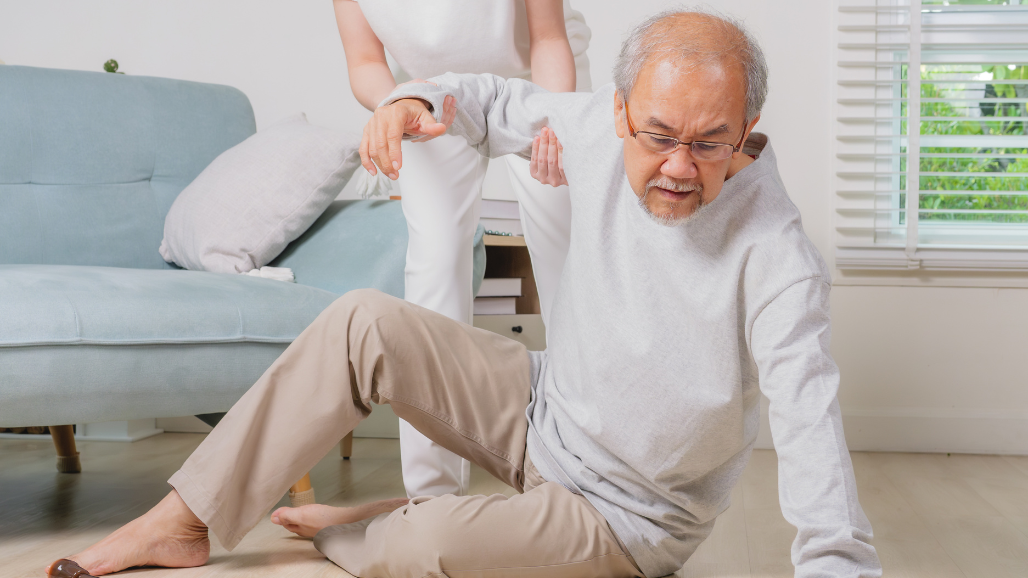Five Essential Questions to Ask Caregivers at a Senior Living Facility After a Loved One Falls
In the United States, about 1 in 4 adults aged 65 and older report falling yearly. While some falls are minor, approximately 37% of these incidents require medical attention and treatment. Understanding the root cause of a fall is crucial in preventing future occurrences. Here, we will explain five questions to ask after a loved one falls at a senior living facility. In addition to other questions, you can use these to guide the conversation with the caregiver in charge.
1. “How’s my blood pressure?”
It’s common to feel lightheaded when standing up quickly, but frequent episodes could indicate orthostatic hypotension, a condition where blood pressure drops significantly upon standing. Measuring orthostatic blood pressure (sitting/lying down vs. standing up) is essential in assessing fall risk.
Blood pressure medications can increase the risk of orthostatic hypotension, particularly in older adults. If you suspect lightheadedness or fainting caused the fall, ask caregivers to evaluate your loved one for this condition. Additionally, consider requesting a blood test to check hemoglobin levels and electrolytes, as these factors can also influence fall risk.
2. “Could my balance be an issue?”
Gait and balance tests are valuable tools for assessing fall risk related to strength, balance, and gait patterns. During these tests, caregivers and physicians look for signs of pain or discomfort while walking that might increase fall risk. If unusual gait or lack of balance is observed, ask caregivers to recommend strengthening exercises. They may also suggest using an assistive device, such as a walker, or physical therapy to strengthen weak muscles.
3. “Do I need more vitamin D?”
Low vitamin D levels can increase the risk of falls and bone fractures. If your loved one spends a lot of time indoors, they might have low vitamin D levels, as the body produces this vitamin when exposed to sunlight. Some studies indicate that vitamin D supplementation can reduce fall risk by 23%. Ask caregivers to check vitamin D levels and discuss whether supplementation is necessary.
4. “Do you suspect any new underlying conditions?”
While less common, falls can sometimes be caused by undiagnosed underlying conditions related to the heart or brain. Conditions like paroxysmal rapid atrial fibrillation, which causes intermittent rapid heart rates affecting blood pressure, can lead to falls. Neurological conditions such as Parkinson’s disease can also precipitate falls. Ask caregivers if they suspect any new underlying conditions and request appropriate evaluations.
5. “Do I really need to take all of these medications?”
As people age, their medication regimens often become more complex. Some medications commonly prescribed to older adults, such as anti-anxiety drugs, tricyclic antidepressants, certain sleep medications, narcotics, and medications for overactive bladder, can increase fall risk. Harvard Health Publishing reports that the more medications a person takes, the higher the risk of adverse drug interactions leading to falls.
Adverse drug reactions cause about 1.3 million emergency room visits annually, with older adults visiting emergency rooms twice as often as younger individuals due to these events. If your loved one takes multiple medications, consider consulting a geriatrician who specializes in aging and medication management. This can help manage fall risks and ensure the safety of your loved one.
Understanding and addressing the root causes of falls in older adults is vital for their safety and well-being. By asking these key questions, you can better understand the factors contributing to your loved one’s fall and take proactive steps to prevent future incidents. At Loving Family Cares, we are committed to providing compassionate care and support to help seniors live safely and comfortably. If you need help finding a senior living facility in New Jersey, call one of our team members at (201) 744-9976.
*We do not provide medical advice. Always consult with healthcare professionals before changing your loved one’s care plan.




